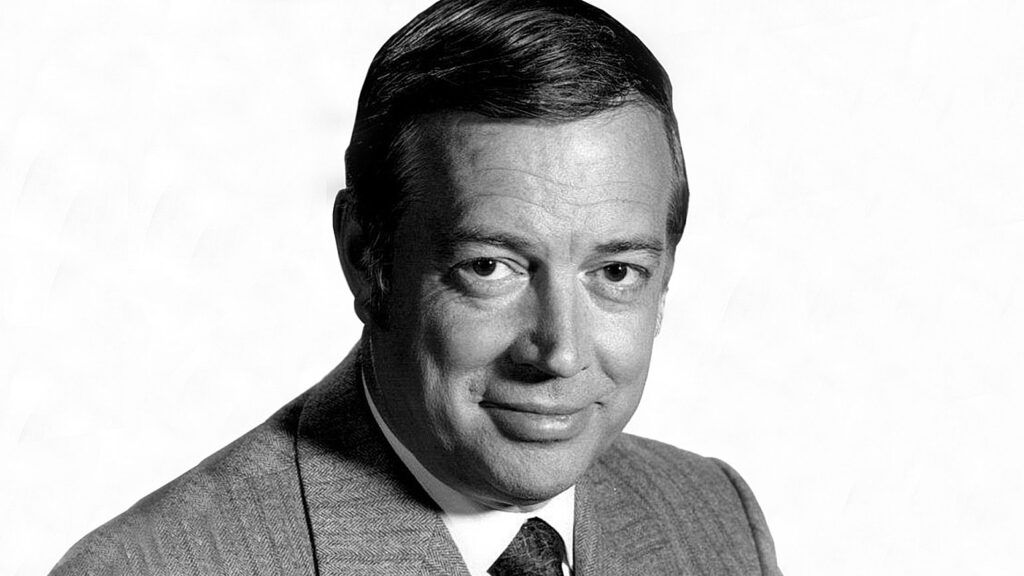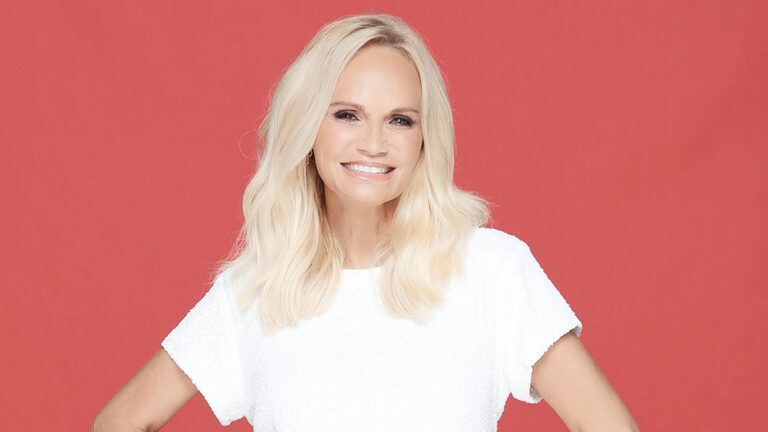One morning on our Today show we reported on a group of teenagers whose demonstrations had shocked their community. In the faces of the young people pictured on the screen I saw a total rebellion against authority.
“That could have been me 25 years ago,” I said to myself.
It started me thinking back to the age of 14 when the change within me occurred. Up until then I had accepted without question the patterns my parents had set. Then slowly I began to see things through a haze of contempt and rebellion.
Perhaps it was partly because I stood first in my class and took great pride in my pseudo-intellect and glib tongue. Success, I concluded, was all that mattered.
As captain of my own ship, I decided that I needed help from no one. Sensitivity to need and concern for others were, to me, signs of weakness or guilt. I had a theory for everything.
Since a great percentage of those in my home town of Lima, Ohio, were church-going people, I divided them into two neat groups: the ones who used church once a week as a cleansing ritual, and the others who attended church with the thought, “I want to be on the winning side in case there is something to all this.”
So I argued that all churches should be abolished because they stood in the way of faith. I theorized that a man can worship God as he sees fit—where and when he chooses. And if he doesn’t choose to, that is his privilege too. (I didn’t choose to, by the way.)
My name for this theory was “Reverse Piety.” It sounded very smart to me.
But as a working philosophy of life it was to prove more and more unsatisfactory. Actually I should have known better.
My father was a Methodist, my mother a Baptist, but in a spirit of early ecumenicity they became Episcopalians when they were married. Time after time they showed their concern for others.
For a while, my father and a partner ran an auto accessory store. When they went into the red, the partner declared himself bankrupt. My father and mother decided that there was a moral as well as a material obligation involved. He took a job and over the years paid back every penny he owed.
I resented it since it meant there was no money for me to continue college. I had to quit after the first year. My bitterness increased when I applied for 26 jobs in a row and didn’t get one.
Then one day I stopped at the radio station in Lima with the halfhearted hope that there might be some kind of job open. They gave me an audition—and to my surprise I was hired as an announcer. The pay was $7.50 a week.
There was hardly any direction to go but up. I was married and a father when one of those experiences occurred which, in retrospect, you can call a turning point.
The radio station where I worked had to cut costs. My job was in danger. Thinking that my boss was looking for a good excuse to let me go, I built up a real dislike of him.
Then one day he called me into his office. To my surprise his manner was kindly. He was concerned about me. And he worked out a plan for me to stay on the job.
Something happened inside me at that point to chip away at the crust of cynicism I had built up around myself. I thanked him for his thoughtfulness, then said impulsively, “You do this for me when all the time I have been hating you because I didn’t think you wanted me here?”
My boss said calmly, “Why don’t you try to get outside of yourself, Hugh? If you do, you’ll tap a source of spiritual and physical energy that will make you feel inexhaustible.”
I chewed that thought long and hard. The words were certainly not new, but now they had meaning.
For a time I had been examining other faiths, from Judaism to Buddhism and Islam. Each has much to offer. Inevitably I came back to a reexamination of Christianity.
While pondering questions of faith and systems of philosophy, I was moving from radio to television, from Ohio to Chicago and then to New York. The years passed. I worked with Kukla, Fran and Ollie, with Sid Caesar, Jack Paar and the Today show.
As success came I followed the pursuits I liked: astronomy, boating, flying, celestial navigation, music. They can satisfy body and mind, but they leave the spirit unfulfilled. Yet, answers to my quest for faith were coming and piece by piece, like putting together a mosaic, the picture was taking form.
An actor contributed to it. I don’t even know his name. But he was in a very successful play and he was asked how he could possibly remain fresh after giving the same performance, day after day, 700 times.
“The audience hasn’t seen the play 700 times,” he said. “It’s a new play for them every night. If I thought only of myself I’d be stale by the 10th performance. But every night I think of the audience instead of myself and they renew and refresh me.”
Last year I sailed across the Pacific in a small boat. It was immensely satisfying to navigate that distance, even though I had a fall during the voyage that injured my spine. Back home, doctors said it required surgery.
I was taken to the hospital in a wheelchair. The operation was a success and I walked out without any help. Yet the experience added something to me.
First, the ordeal was neither fearsome nor intolerable though from the outside it seemed so. Second, there was always someone along the corridors whose troubles and pain were worse than your own. Cheering them was not depressing or morbid, but just the opposite. You got outside yourself.
At one time I served on the Citizens’ Advisory Committee of the New York State Mental Health Association. That committee was scheduled to make one of their regular visits to patients.
I would have ducked going, if I could. I couldn’t. In our car pool the driver of our auto was a rabbi whose sense of compassion interested me.
At the hospital we walked through the clean, neat rooms. Two very disturbed boys caught our attention. One was 13, the second, perhaps two years older. The older one said very little. The younger one said nothing at all.
As the rabbi talked with them I asked a nurse, “What hope is there for these boys?” She shrugged her shoulders. “Very little,” she said.
As we were leaving, I looked over my shoulder and saw the younger boy sitting on an oak bench, all alone, staring into nothingness, the picture of endless despair.
“That boy,” I said to the rabbi, “looks very much like my own son. I can’t help it, but I’m glad—” I was starting to express thankfulness for the fact that my son was normal.
“I know how you feel,” he interrupted. “That boy is my son.”
It was days before I got over the shock of that experience.
The picture of the rabbi not only ministering to his own son, and to all the afflicted in that institution, but also moving to save me embarrassment is still vivid before my eyes. For in his agony he had learned to lose himself in his concern for others.
This was what my parents were trying to tell me as they scrimped and sacrificed to pay off a debt that was moral, not legal. It was what my boss at the radio station was saying to me when I was 22; and it was what the actor meant when he talked about playing one role 700 times.
Different people were getting the message to me, but it took a long time before I really heard and embraced as the heart of my faith the words Christ uttered to His disciples: He that loseth his life for my sake shall find it.
Read more Guideposts Classics!




